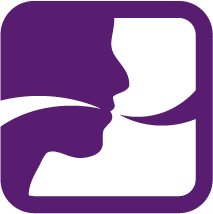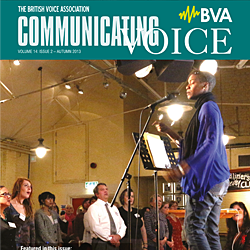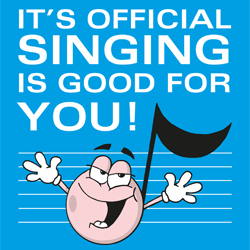About the Association
Archived newsletter articles
What can homeopathy do for the voice professional?
Thoughts following completion of the foundation course in medical homeopathy.
By Dr Ruth Epstein PhD
A large study carried out in the United States documented that one in three respondents used at least one alternative medical therapy in the prior year (Surow & Lovetri 2000).
Professional voice users, singers in particular, frequently turn to alternative medicine to optimise their health. This is one of the reasons that prompted me to attend the modular course in homeopathic medicine for healthcare professionals at the Royal London Homeopathic Hospital NHS Trust. The course covered the core theory of homeopathy, basic homeopathic remedies, and common medical condition that can be helped by homeopathy and clinical applications of homeopathy.
Homeopathy is a method of selecting an appropriate medicinal stimulus to assist healing. Effective homeopathic treatment is dependent on two things, the selection of the medicine and the size of the prescription. The selection of medicine should take into account individual details and a holistic review of the patient's profile, using remedies which are capable of producing similar symptoms in a healthy person to those present in the patient needing that remedy. The prescription should comprise the minimum dose that will give rise to an optimal sub-clinical stimulus, rather than a toxic one. The key to a homeopathic cure is the assumption that no two individuals manifest their illness in exactly the same way, even if they are given the same disease label. An understanding of the symptoms is achieved by detailed history taking and appropriate investigations. The case history includes additional information such as intellect (mind symptoms), systemic reactions (generals), modalities (variations of symptoms in response to environmental changes such as time, weather, and food), and individual details concerning the development of the disease (medical history, family and social history).
Homeopathic remedies are derived from plants, animal tissue and minerals. Having learnt about some basic remedies which are frequently used in homeopathy, I noted that 'hoarseness' can be treated by a number of remedies however, the success of the outcome or cure depends on the practitioner making the appropriated choice on the basis of detailed and holistic process of case evaluation. Most of us will be familiar with Arnica, which is commonly used for mechanical injuries or bruises. Arnica is an example of a remedy that can be used for hoarseness resulting from over exertion of the larynx.
In conclusion, as a clinician I feel that homeopathy further reinforces the need to understand the person holistically and for intervention to be person-centred rather than disease orientated. For our clients' sake, it is important for us to adopt a critical yet open-minded view of the potential benefits and risks of non-traditional therapies. The evidence base for homeopathy requires to be expanded, using trial models and outcome studies in order to stand up to the scrutiny of scientists.
More archived content online
Disclaimer
Neither the British Voice Association nor the Editor can be held responsible for errors or any consequences arising from the use of information contained in its newsletters (or extracts from its newsletters published online); the views and opinions expressed do not necessarily reflect those of the British Voice Association (BVA) or the Editor, neither does the publication of advertisements constitute any endorsement by the BVA or Editor of any products or services featured.

 Join us Now!
Join us Now! our newsletter
our newsletter free voice care leaflets & information – download here
free voice care leaflets & information – download here Help our work by donating while you shop
Help our work by donating while you shop